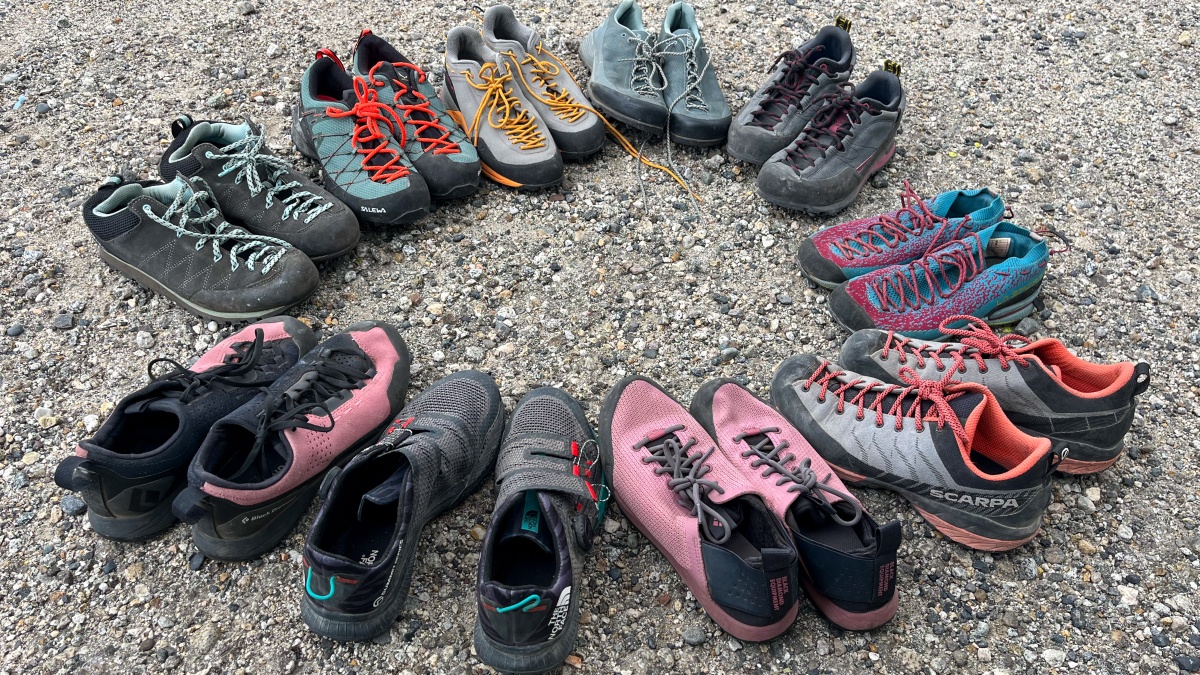When it comes to outdoor adventures, footwear is undoubtedly one of the most important gear choices you’ll make. Whether you’re scaling a rugged rock face or traipsing through a scenic forest trail, having the right shoes can make all the difference. Today, we’ll dive deep into the comparison of approach shoes and hiking shoes, examining their features, pros and cons, and which might be the best fit for your specific needs.
Understanding the Basics: What Are Approach Shoes?
Approach shoes are designed primarily for climbers to help them navigate rocky terrain that leads to climbing routes. They’re a hybrid between climbing shoes and hiking shoes, offering the support and comfort of hiking footwear with a sticky rubber sole for enhanced grip.
Features of Approach Shoes
- Rubber Outsole: Approach shoes typically feature a sticky rubber outsole for improved traction on rocky surfaces.
- Stiff Midsole: A stiffer midsole provides better support for climbing, making them ideal for scrambling.
- Comfortable Fit: They are designed to be comfortable enough for walking long distances, often featuring cushioned insoles.
The Lowdown on Hiking Shoes
Hiking shoes, on the other hand, are purpose-built for walking on trails and can range from lightweight trail runners to more robust hiking boots. They are designed to provide comfort, support, and protection for longer hikes.
Features of Hiking Shoes
- Terrain Adaptability: Many hiking shoes offer waterproof features suitable for various terrains.
- Flexible Design: They often have a more flexible design for comfort on uneven ground.
- Supportive Structure: Hiking shoes typically provide ample ankle support, especially in mid- and high-cut models.
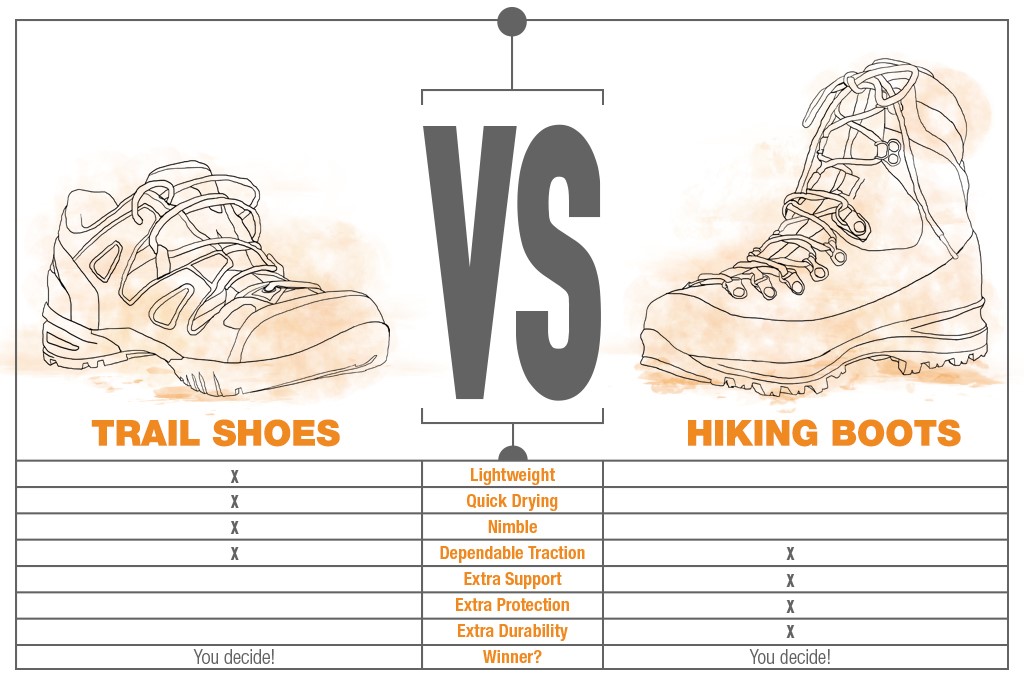
Comparison Table: Approach Shoes vs Hiking Shoes
| Feature | Approach Shoes | Hiking Shoes |
|---|---|---|
| Use Case | Rock scrambling, approach to climbing | Long hikes, rugged trails |
| Outsole Material | Sticky rubber | Durable rubber |
| Support Level | Moderate support | High support |
| Weight | Generally lighter | Varies by model |
| Waterproofing | Variable | Often waterproof options available |
Pros and Cons of Approach Shoes
Pros
- Versatile for both climbing and hiking
- Excellent grip on rocky surfaces
- Lightweight design allows for easy movement
Cons
- Less ankle support compared to hiking boots
- May not perform well in muddy or snowy conditions
- Not as cushioned for long-distance hiking
Pros and Cons of Hiking Shoes
Pros
- Great support for long hikes
- Available in waterproof options
- Comfortable for various terrains

Cons
- Heavier than approach shoes
- Less flexibility for climbing or scrambling
- Can be overly stiff for some users
When to Choose Approach Shoes
Approach shoes excel in scenarios where you’ll be navigating rocky, uneven terrain. If you plan to do a mix of hiking and climbing, or if your hike includes scrambling sections, approach shoes are your best bet.
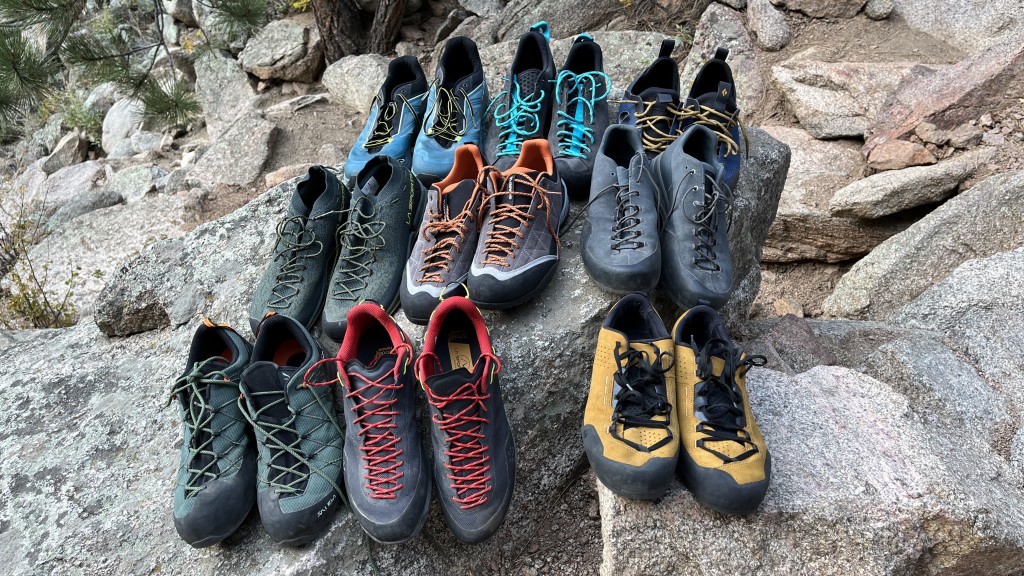
When to Choose Hiking Shoes
If your primary focus is on long-distance hiking or if you’re frequently hiking through wet conditions, hiking shoes are likely a better fit. They provide more cushioning and support, making them ideal for trail walking.
Cultural Adventures: Local Experiences with Approach and Hiking Shoes
Across the United States, outdoor enthusiasts have their own stories about the shoes they depend on. In Colorado, for example, climbers often swear by approach shoes when tackling the steep flats leading to iconic climbs like Eldorado Canyon. Conversely, hikers in the Appalachian Trail community often recommend hiking shoes for their comfort and stability, especially in the rugged terrain of the Smoky Mountains.
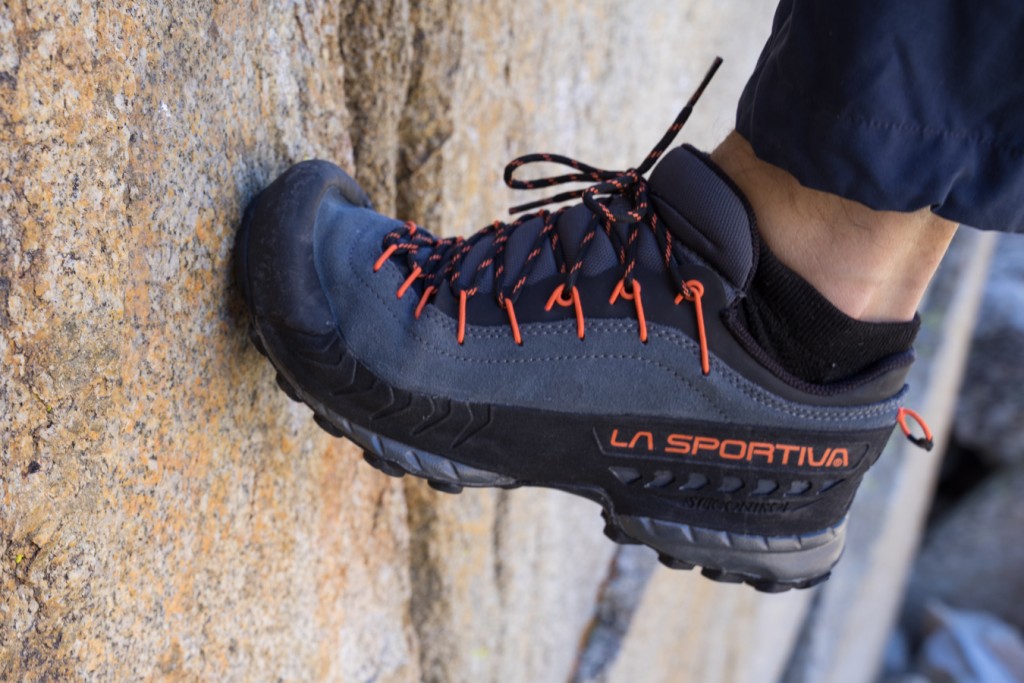
Tips for Choosing the Right Footwear
- Consider Your Activities: Analyze the activities you plan to engage in most.
- Fit is Key: Make sure to try on several pairs to find the best fit.
- Think About Weight: If you are a backpacker, consider the weight of the shoes.
- Weather Conditions: Take into account the typical weather and terrain you will encounter.
Popular Brands Offering Approach and Hiking Shoes
Several renowned brands dominate the market for both categories, including:
- Scarpa: Known for quality approach shoes that provide excellent grip.
- La Sportiva: Offers a range of climbing and approach shoes, ideal for various terrains.
- Merrell: Popular for their comfortable hiking shoes and boots.
- Salomon: Known for innovative designs in both approach and hiking footwear.

FAQs
What is the difference between approach shoes and hiking shoes?
Approach shoes are designed primarily for climbing and rocky terrains, while hiking shoes are made for walking on trails and provide more ankle support.
Can I use approach shoes for hiking?
Yes, approach shoes can be used for hiking, especially on rocky or uneven surfaces, but they may not offer the same comfort and support for long-distance hikes as hiking shoes.

Are hiking shoes suitable for climbing?
Though they may provide some support, hiking shoes generally lack the grip and stiffness required for technical climbing compared to approach shoes.
How should I care for my approach and hiking shoes?
Regularly clean your shoes, let them dry naturally, and store them in a cool dry place. Avoid using harsh chemicals that can damage the materials.
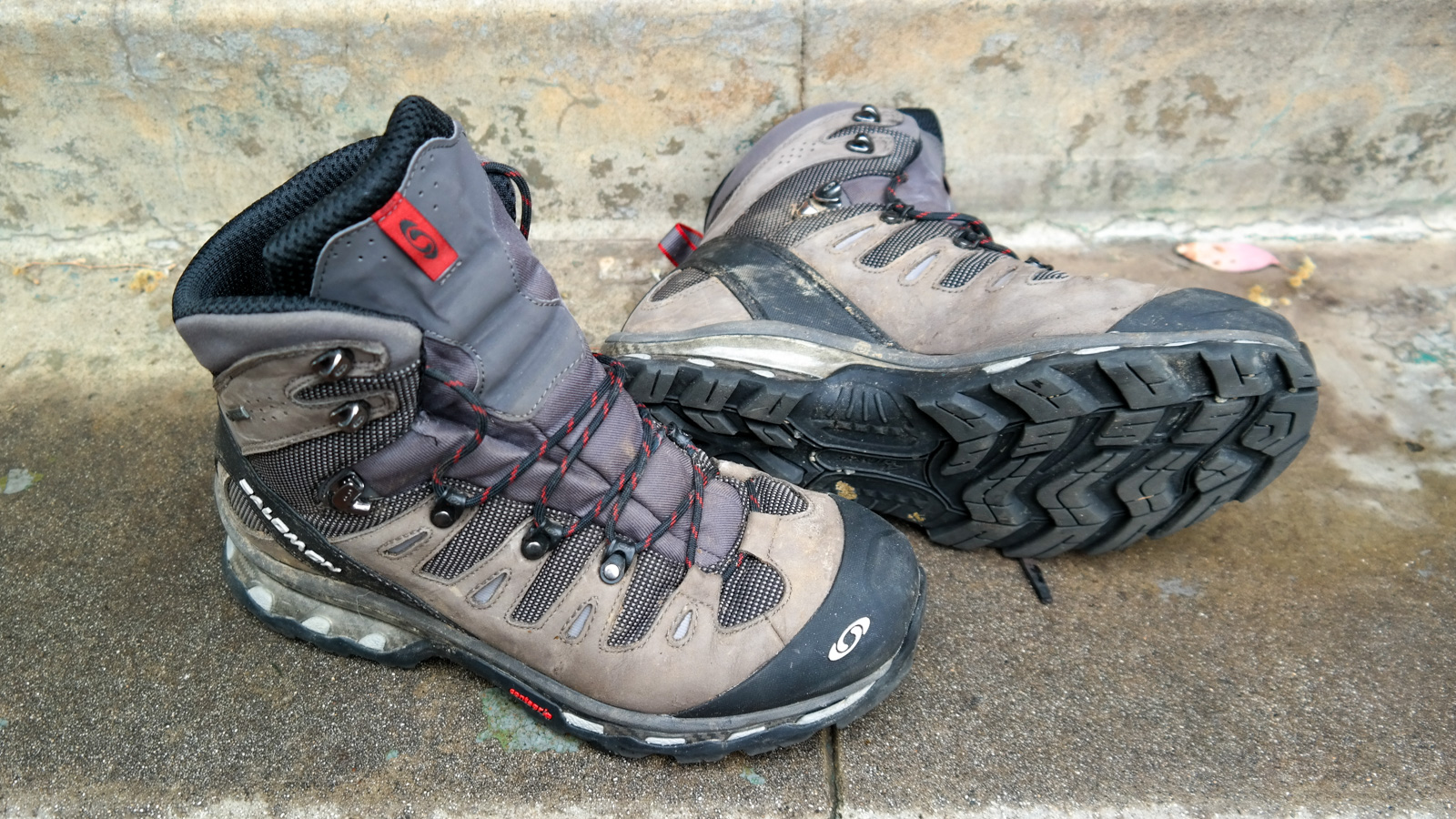
Final Thoughts
Choosing between approach shoes and hiking shoes ultimately depends on your specific outdoor pursuits. By considering your activities, terrain, and personal preferences, you can make a well-informed decision that will enhance your outdoor experience. Whether you’re a seasoned climber or a leisurely hiker, the right footwear can elevate your adventures, providing both comfort and safety on the trails.
For those ready to hit the trails or crags, investing time in selecting the right pair is essential. Your feet will thank you!
